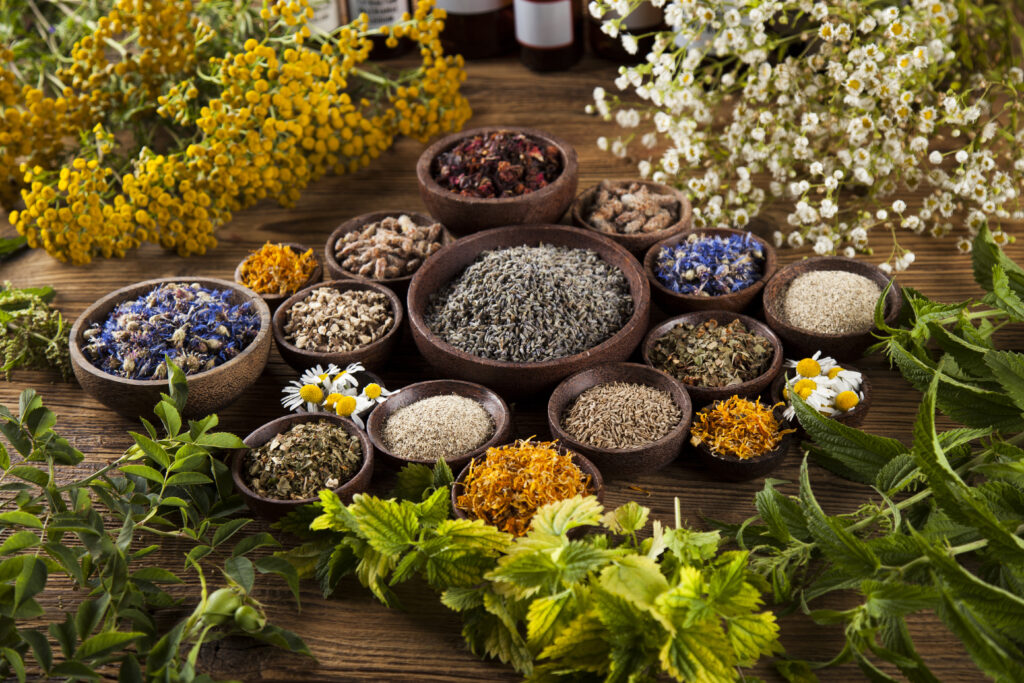Exploring Herbalism: Harnessing Nature’s Remedies for Holistic Healing
The Essence of Herbalism
Herbalism is the practice of using plants and their extracts for medicinal purposes, aiming to promote health and well-being. It is a traditional and holistic approach to healing that has been practiced across cultures for centuries. Herbalists, or practitioners of herbalism, often work with the whole plant or specific plant parts, such as leaves, roots, flowers, and seeds, to harness their therapeutic properties.
Key Holistic Modalities
Within herbalism, several holistic modalities are commonly employed:
- Herbal Medicine: Herbal medicine involves the use of plant extracts, often in the form of tinctures, teas, capsules, or topical preparations, to address various health concerns. Different herbs are chosen based on their specific properties and the individual’s unique health needs.
- Botanical Medicine: Botanical medicine encompasses herbalism and involves the use of plants for their therapeutic properties. This includes not only traditional herbs but also other plant-derived substances such as essential oils, focusing on using the entire plant or specific plant parts to support the body’s natural healing processes.
- Aromatherapy: Aromatherapy utilizes aromatic compounds of plants, often extracted as essential oils, to promote physical, emotional, and spiritual well-being. Essential oils can be used through inhalation, topical application, or ingestion under the guidance of a qualified practitioner.
- Herbal Nutrition: Herbalists integrate nutritional advice into their practice, recommending specific foods, dietary changes, and herbal supplements to support overall health and address specific health concerns.
- Holistic Assessments: Herbalists take a holistic approach to assessing an individual’s health, considering factors such as lifestyle, stress levels, diet, and emotional well-being. This comprehensive evaluation helps tailor recommendations to address the root causes of health issues.
- Traditional Systems: Herbalism is deeply rooted in traditional systems of medicine, such as Ayurveda, Traditional Chinese Medicine (TCM), and Western herbalism, each with its own unique principles and diagnostic methods.
Complementary and Integrative Approach
Herbalism is often seen as a complementary and integrative approach to health, working alongside conventional medicine. While many people find benefit from herbal remedies, it’s important to consult with qualified herbalists or healthcare practitioners, especially when addressing chronic or complex health conditions.
